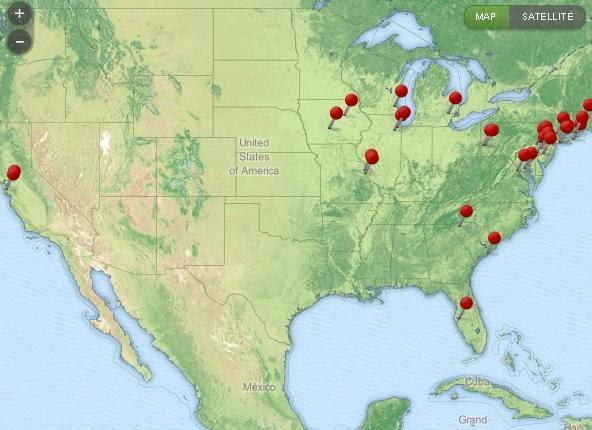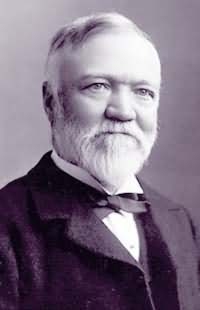One of the challenges of charitable work is that there is a limited amount of funds and a seemingly unlimited amount of need. Some of the need is clearly legitimate and some seems questionable. Because of this I like to prioritize so that the most deserving people are helped first. Yes, I understand this is a subjective judgment but as I don’t have unlimited resources I needed to pick some method.
I prioritize those people who work hard, but are unable to obtain what is needed. The folks who *have* planned, but need some help.
The “Lay-away” angel concept fits this nicely. First there are a number of stores who have brought back the “lay-away”. Walmart and Kmart being among them. People who have placed items on lay-away have made a plan for themselves which allow them to purchase items that are impossible for them to purchase all at once. What I like (and many others) to do is pick the people who have children as it is one thing to go through Hanukkah or Christmas as an adult, but no none wants a child to go through that. To do this, select lay-aways that contain children’s toys or children’s clothing. After you have selected the items, pay the lay away amount down to some small amount like $0.25 (25 cents). This insures that there is no accounting confusion when the person comes to pick up the item.
This has not yet become popular. Below is a map from 2011 showing incidents of “lay-away” angels.

What’s new is the number of donations. In Bloomfield Township, MI, Kmart manager Yvonne Messink, a 27-year veteran of the company, said that she didn’t initially understand it when a would-be “angel” approached her.
“I initially was going to encourage her to support our St. Jude campaign, but she said, ‘No,’ and that she wanted to help a family with toys or clothing on layaway for the holiday,” said Messink, who quickly obliged the woman.
“It’s been an organic development,” said Shannell Armstrong, a spokeswoman for Sears Holdings Corp., which owns Kmart. “We don’t promote it. We’re just trying to keep up with the reports that keep coming in.”
Louis Hyman, an assistant professor at Cornell University who studies the history of capitalism in the U.S., says those considering layaway ought to limit the number of purchases.
“The real tricky thing about layaway is unlike credit cards … you pay back over time and you don’t get the goods unless you pay completely,” Hyman said. “Layaway can be very dangerous because then you’re [potentially] left on December 24th without any presents under the tree.”
This is where we all can help. Give it some thought and speak with your family about it. This can become a Christmas or Hanukkah tradition in your family.







Leave a Reply